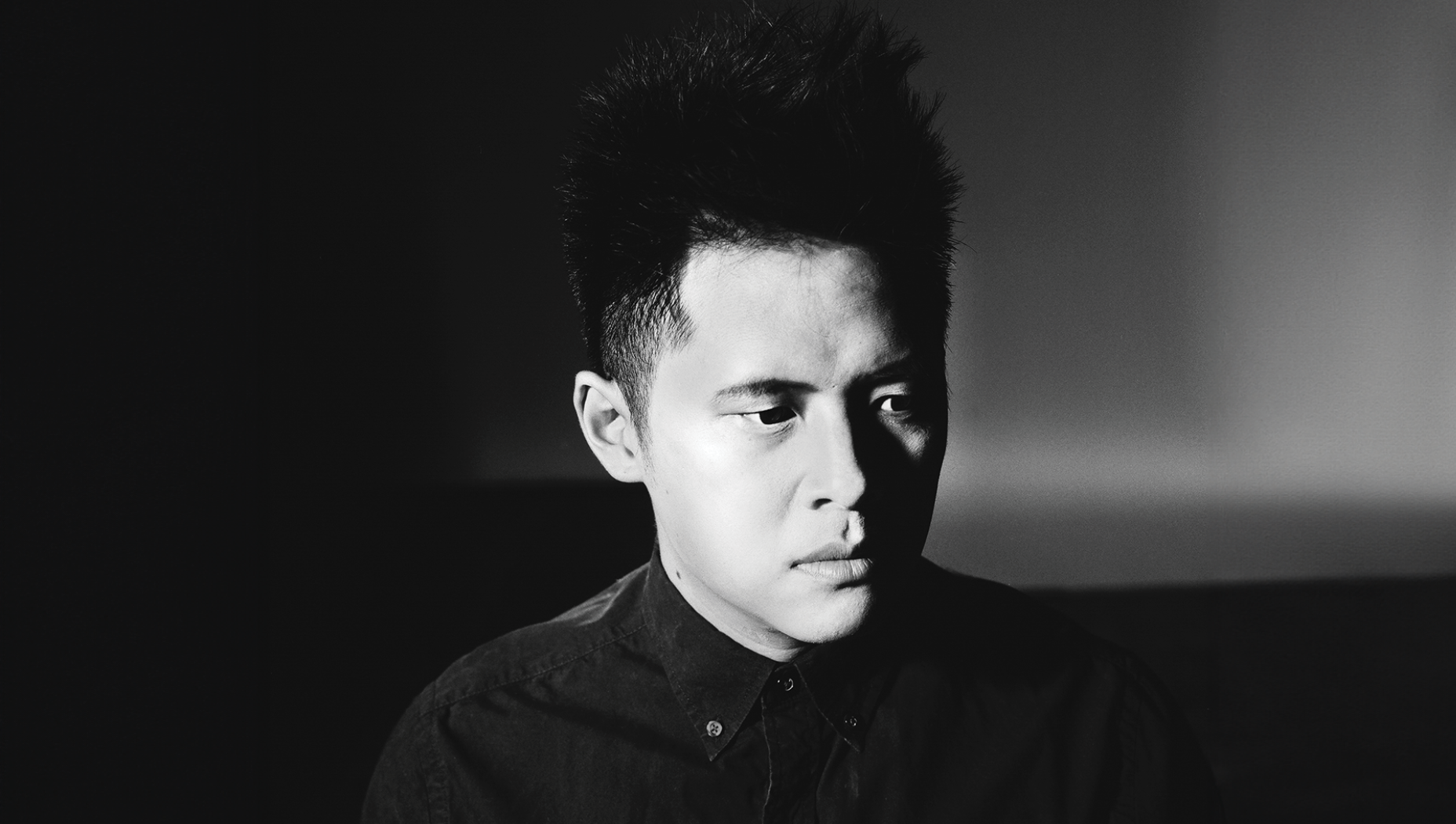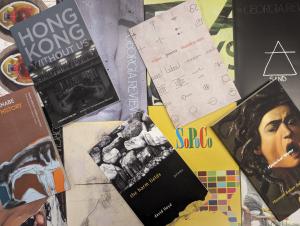
By Munyao Kilolo, Ph.D. student, comparative literature
Gerald Maa recalls his time at UCI with fondness, having particularly valued the sense of community he felt at the university. Over time, this appreciation has only grown stronger. Currently Editor-in-Chief at The Georgia Review, Maa graduated UCI with a Ph.D. in English in 2018 and reflects on the timeless lessons he learned while at UCI.
"This, I believe, is a legacy of the UCs in terms of organization. When I entered, the cohorts above me took the initiative to organize in a way that ensured we would fit in socially and intellectually. This is a kind of generosity I haven't observed in all the schools I've come across," he remarks.
For Maa, this generosity started with graduate students. It offered opportunities for socializing, event participation and a comprehensive exploration of UCI as an institution with a significant legacy. During the prospective student visit, arranged by the English Department, he encountered a fellow student who was about to graduate. Her words to him and other new students underscored this spirit of generosity.
"She said, 'My mentor told me that the secret to the Ph.D. is really a test of emotional endurance and not of your intelligence.' She looked us in the eyes and added, 'You don't have to prove your intelligence; they admitted you,’" he recalls, adding, "this is genuinely challenging; seven to eight years is a long time. You will require emotional endurance and a sense of community.”
Those words remained with him, providing support during crucial moments of his journey to the Ph.D., and proved especially valuable when he was in the job market for two years.

"When the Georgia Review job came up, I was in my second year of actively searching for jobs and blinkered to the pursuit of a tenure-track position,” he recounts. "During this time, a dear friend of mine forwarded the job advertisement to me, and she said, 'You should apply for this job; they are looking for someone like you.’”
Despite Maa’s initial protest, his friend convinced him to give it a shot, strongly believing that this job was a perfect fit for him. This was because Maa had dedicated himself to the Asian American Literary Review (AALR), a publication he co-founded in 2009 with Lawrence-Minh Bùi Davis, now curator at the Smithsonian Asian Pacific American Center. Throughout his Ph.D. journey, he worked on the journal alongside his academic work. This created an eclectic and symbiotic relationship that helped shape his intellectual pursuits, and his work on AALR helped enable alternative pathways beyond the traditional tenure track.
"The professional throughline with AALR was kind of made after the fact. It helped me dream myself into that job, when I took the good advice to genuinely consider it,” he explains.
Gerald Maa would later assume the role of Editor-in-Chief of The Georgia Review in 2019, taking over the leadership of the literary journal after its former editor, Dr. Stephen Corey, retired from the position following 36 years of service.
Maa adds, "The journal has been in existence since 1947 and is based at the University of Georgia. Its history aligns it with the consummate literary journals of the 20th century as part of the Southern Agrarian movement. We aspire to participate in contemporary conversations while maintaining a journal as first and foremost a site for engagement. My responsibilities include ensuring the publication of four issues annually, and I also organize events and participate in literary gatherings like AWP.”
Maa loves his work and experiences a sense of job security. Even though it is a non-tenure track faculty position adjacent to what is commonly considered academic work, the job feeds the intellectual curiosity and rigor that was cultivated at UCI.
Similar to the graduate student who shared her valuable insights with Maa at the beginning of his studies, Maa wishes for Ph.D. students in the job market to bear something important in mind as they work toward their careers.
"I’ve come to believe that, in a professional context, almost every individual or potential employer will be impressed by an English Ph.D., especially from a place like UCI. However, it's not guaranteed that they will value that Ph.D. There is a gap between being impressed and valuing. So, I believe one aspect to consider is how to foster the rhetorical skills to bridge the gap between mere impression and genuine valuation,” says Maa.
For doctoral students interested in a wide range of careers, building one’s rhetorical skills is essential for success in the workplace. For Maa, UCI Humanities provided the kind of collegial encouragement and training that well positioned him for his career.
(Photo: Mary Burge)
